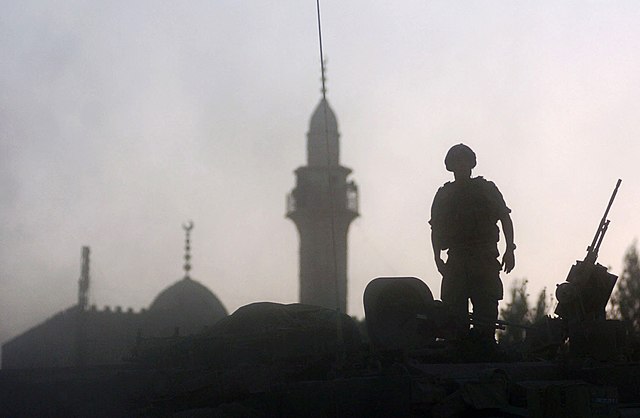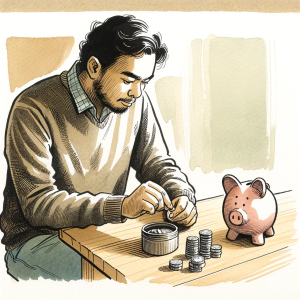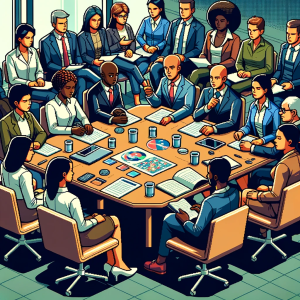
The Long-term Aftermath of War Injuries: A Deep Dive into the Civilian Plight During Lebanon’s July 2006 Conflict
Lebanon, a land historically celebrated for its cultural richness, has been marred by recurrent conflicts, with the July 2006 war leaving an indelible mark on its people. The study titled Long-term burden of war injuries among civilians in LMICs: case of the July 2006 war in Lebanon delves into the persistent shadow cast by war injuries on civilians, shedding light on their access to healthcare, the socio-economic burdens they endure, and the quality of life years after the conflict.

Accessing Healthcare Amidst Chaos
During the conflict, civilians’ access to healthcare was severely compromised. The study’s interviews reveal a harrowing journey to medical facilities, with many injured individuals facing delayed treatments due to the targeting of evacuation routes and medical facilities. The resilience of healthcare workers and the community’s response, including the Lebanese Red Cross and NGOs, were commendable yet underscored the urgent need for robust emergency preparedness plans. For public health practitioners, these narratives underline the critical importance of ensuring accessible and prompt medical care, even in dire circumstances.
The Socioeconomic Toll of Survival
Surviving a war is just the beginning of a long and arduous journey. The study highlights the extensive surgeries and repeated hospital visits endured by civilians, leading to a significant financial burden. The war inflicted physical scars and led to unemployment and reduced productivity due to prolonged recovery periods. These insights are crucial for understanding the comprehensive economic impact of war on individuals and communities, guiding public health efforts in addressing the broader determinants of health and well-being post-conflict.
Quality of Life in the Shadow of War
More than a decade after the war, civilians continue to grapple with chronic pain, limited mobility, and psychological ailments such as anxiety and depression. The war’s echoes resonate through their daily lives, hindering their ability to enjoy a pre-war quality of life. This prolonged suffering highlights the need for long-term psychological support and rehabilitation services, emphasizing the role of public health practitioners in advocating for and providing sustained mental health and physical rehabilitation services.
Engaging the Public Health Community
The findings of this study serve as a call to action for public health practitioners. There is a need to develop comprehensive healthcare strategies that are resilient in the face of conflict, provide long-term support for the injured, and address the socio-economic determinants affected by war. Collaboration with local communities, international organizations, and governments is imperative to create an integrated approach to healthcare in post-conflict settings.
Conclusion: Moving Forward from the Rubble
The study provides invaluable insights into the enduring impact of conflict on civilian lives. It is a stark reminder of public health practitioners’ comprehensive role in conflict and post-conflict settings, from emergency preparedness to long-term rehabilitation and socio-economic recovery. Let this study inspire a dedicated effort to heal, rebuild, and improve the lives of those who have suffered the unimaginable, hoping for a more resilient and healthy future for all.
For Further Reading Explore the full depth and implications of this significant study by visiting the original article: “Long-term burden of war injuries among civilians in LMICs: case of the July 2006 war in Lebanon”.
Transform Information into Action – Subscribe Now!
Your key to unlocking the power of public health knowledge awaits! ‘This Week in Public Health’ is not just a newsletter; it’s a catalyst for informed action. With a focus on cutting-edge research, community health successes, and advocacy insights, each issue empowers you to make a tangible impact. Subscribe for free and turn information into action today!



